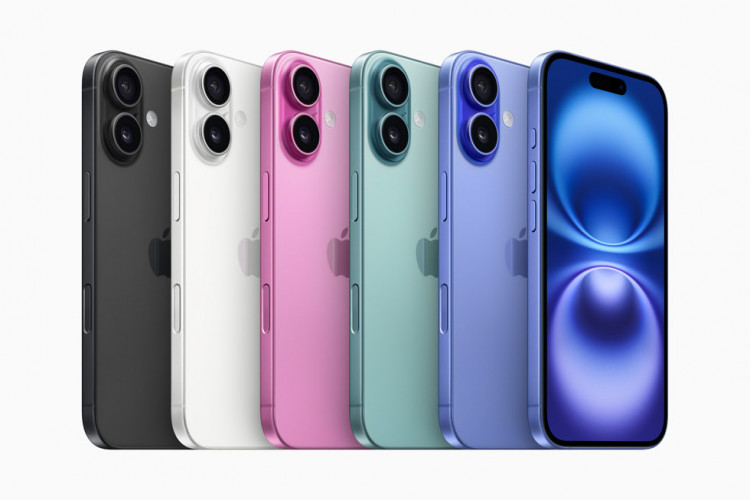Apple Inc. is facing a class action lawsuit alleging false advertising and unfair competition after the company delayed key features of its highly promoted Apple Intelligence technology. The lawsuit, filed Wednesday in the U.S. District Court in San Jose, claims that Apple knowingly misled consumers into purchasing new iPhones and devices by touting AI capabilities that were not available at launch.
The suit, led by the Clarkson Law Firm, seeks class action status and unspecified financial damages on behalf of consumers who purchased devices marketed as capable of running Apple Intelligence features. It argues that Apple's marketing campaigns for the iPhone 16 lineup and other devices created "clear and reasonable consumer expectations" that the transformative AI-powered functions would be immediately accessible upon release.
"Apple's advertisements saturated the internet, television, and other airwaves to cultivate a clear and reasonable consumer expectation that these transformative features would be available upon the iPhone's release," the lawsuit states.
Among the specific marketing materials cited is a widely circulated September 2024 advertisement featuring actor Bella Ramsey, which showcased Siri's enhanced capabilities-functions that Apple now acknowledges have been delayed significantly.
"Contrary to Defendant's claims of advanced AI capabilities, the Products offered a significantly limited or entirely absent version of Apple Intelligence, misleading consumers about its actual utility and performance," the complaint continues. "Worse yet, Defendant promoted its Products based on these overstated AI capabilities, leading consumers to believe they were purchasing a device with features that did not exist or were materially misrepresented."
An Apple spokesperson did not immediately respond to requests for comment.
Apple Intelligence, unveiled in mid-2024, was positioned as a cornerstone of the iPhone 16 lineup and upcoming device ecosystem. Central to the offering was an enhanced Siri assistant capable of executing cross-application commands and personalized actions. Apple demonstrated scenarios such as Siri locating and playing a podcast recommended in a text message or email, without requiring manual navigation by the user.
However, the company admitted earlier this month that the rollout of key Apple Intelligence features would be postponed. "It's going to take us longer than we thought to deliver on these features and we anticipate rolling them out in the coming year," Apple said in a statement to Daring Fireball.
Subsequent reports have suggested the timeline for certain features could extend as far as 2027. Apple recently added a disclaimer regarding the availability of Apple Intelligence on its website and named a new team leader to oversee development efforts.
The lawsuit claims the delay not only misled consumers but also gave Apple an unfair competitive edge over rivals. Apple has "deceived millions of consumers into purchasing new phones they did not need based on features that do not exist, in violation of multiple false advertising and consumer protection laws," the filing alleges.
Additionally, the plaintiffs argue that Apple's actions unfairly disadvantaged competitors "who do not tout non-existent AI features, or who actually deliver them as promised."
Clarkson Law Firm, which has previously filed lawsuits against Google and OpenAI concerning AI-related practices, is leading the case. However, unlike prior suits, this filing centers not on deployed AI systems, but rather on promised features that have yet to materialize.





